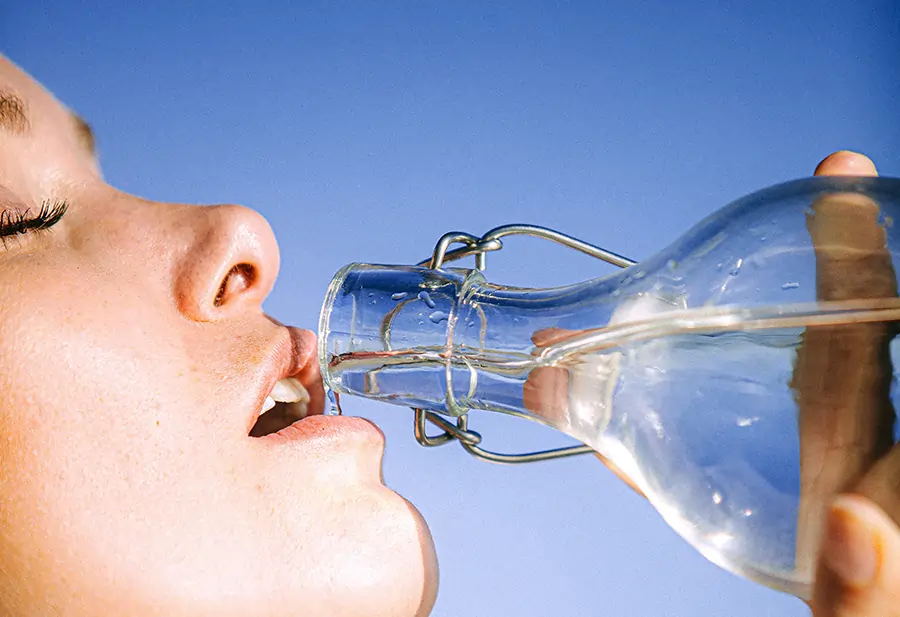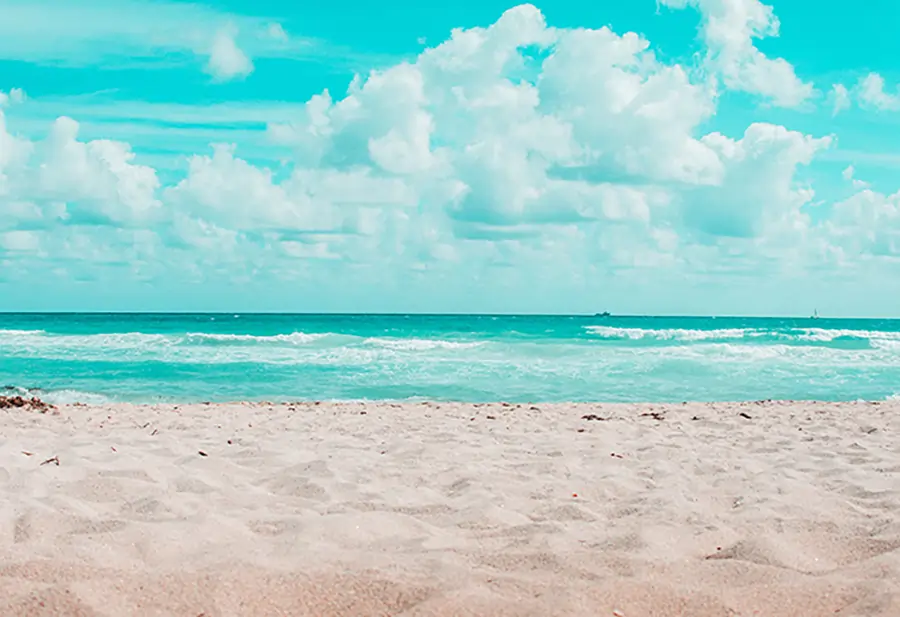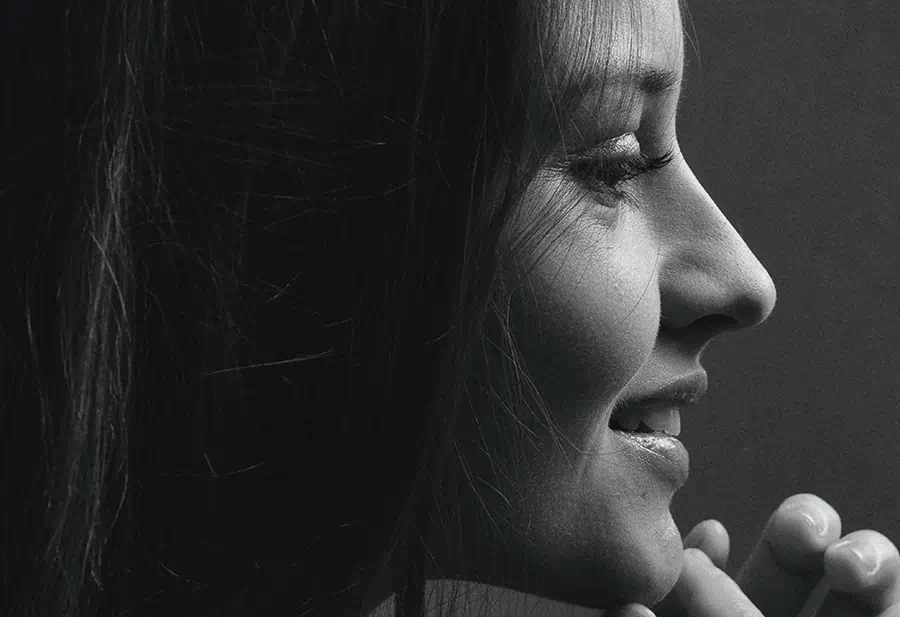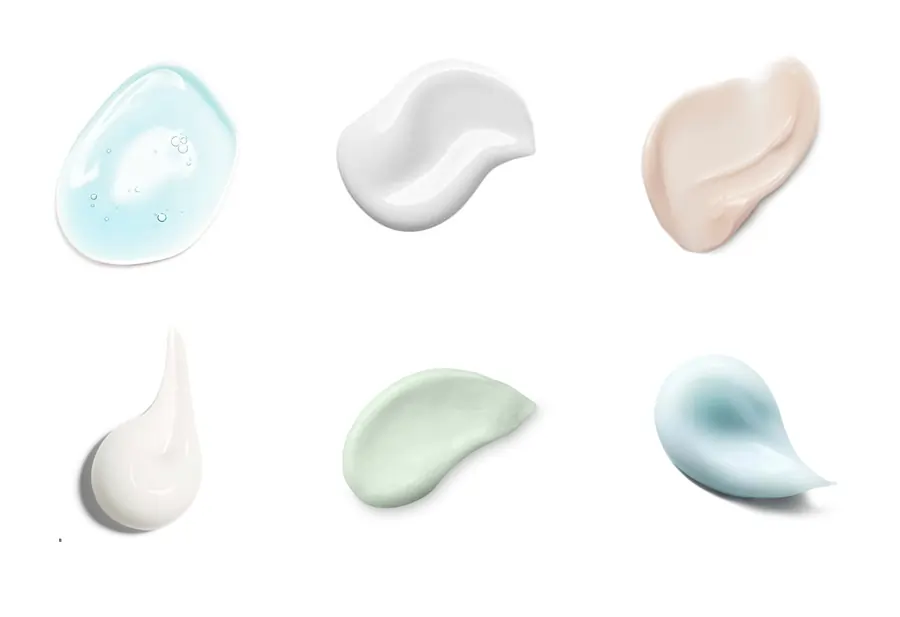What is the purpose of moisturiser?
It’s the product that runs out the quickest and it’s on all our skincare shelves. Not to mention how good it feels on our skin after applying it! Moisturiser is one of the most critical lines of defence for fighting ageing. Hydration and moisturising ingredients within skin care products are vital to keeping your skin healthy. Prevention of harmful skin damage is better than trying to fix skin problems years later. It’s best to take care of your skin. The sooner the better.

What's the difference between 'Water based' and 'Oil based' ingedients?
It is important to ensure your moisturiser has hydrating ingredients that inject moisture into the skin as well as moisture retention that locks any moisture in. If a moisturiser only has hydrating ingredients the water within the skin can easily be lost so it’s important to provide a seal barrier seal. Both steps need to occur to ensure the skin moisturising process provides the best short and long-term results for skin health and appearance.
Water-based skincare ingredients
Water-based ingredients are generally absorbed into the skin very quickly and results are almost immediate with skin appearing plumper and more hydrated. For example, if you apply Aloe Vera gel, it is quickly absorbed and is touch dry within a few minutes. Water-based ingredients usually don’t feel heavy at all and are barely noticeable that you have applied anything on your skin. So, what are some hydrating water-based ingredients? Hyaluronic Acid, Glucerine, Aloe vera.
Oil-based skincare ingredients
Unlike hydrating skincare products which include water-based ingredients. Moisturisers include mainly oil-based ingredients Most moisturising skincare products have oil base ingredients. Not all but a vast majority of them. Why is this the case? The job of the oil base ingredient is to create a layer of protection over the surface of the skin to prevent water from leaving the skin. So back to oil and water don’t mix we can visualise how this would be a perfect barrier. Why does our skin lose water? Well, it’s a process called Trans epidermal water loss. Now, this process is a vital step to skin falling into all the negative impacts. Like dehydration, loss of elasticity, aging, breakouts, and flakiness, it over negatively affects your skin health. Water loss introduces skin issues so it is best to prevent it from occurring. That is why moisturisers are very important to maintain optimal skin health. The moisturising ingredients that are best to achieve this are Silicones (Dimethicone), Squalane, Shea Butter, and Avocado oil.

Matching environment to your skin
We all have different skin types weather you have oily, dry or combination skin, sensitive skin. But we are also exposed to different seasons and different interior environments. Not to mention our bodies also influence the condition of our skin.
For example. If you have combination skin and live in Sydney your skin may need a moisturiser that is thicker in winter and a lighter lotion in summer. In winter our skin is oftten dryer and in summer a bit oillier. So you probably necessarily use the same moisturiser throughout the year. Your skin is a living organ and countless factors effect how it appears and how it feels. You need to monitor it and treat it accordingly. So it is best to have a few moisturisers on hand to use dependant on how it is one season to another or even day and night. In winter your skin may be like a sea sponge and absorb a rich moisturiser very well but in summer that same scream will leave oily residue and feel excess.

Matching moisturisers to your skin
The best way to find your best moisturiser is to try them out. Trial and error as they say. But really that is the best way to find your best moisturiser. Finding the best moisturisers is not easy. Most of us stick to a few moisturisers and we may find it difficult to venture out of that comfort zone. People with oily skin may need less moisturiser however most people have combination skin and they do require moisturiser with moisturising ingredients. Oily-prone skin. Try to use a lighter moisturiser.

When should you moisturise your skin?
After cleansing
As soon as you cleanse your skin and it is still slightly moist apply your moisturiser straight away. Ensure you do this right away and especially befor your skin has dried. This ensures all moisture is locked in.
After showering
While you sleep
Day AND Night
It is best to moisturise twice a day or even more often depending on the season and environment you are in. Moisturising once in the morning and once at night will ensure your skin’s moisture will remain constant both throughout the day and while you sleep.


